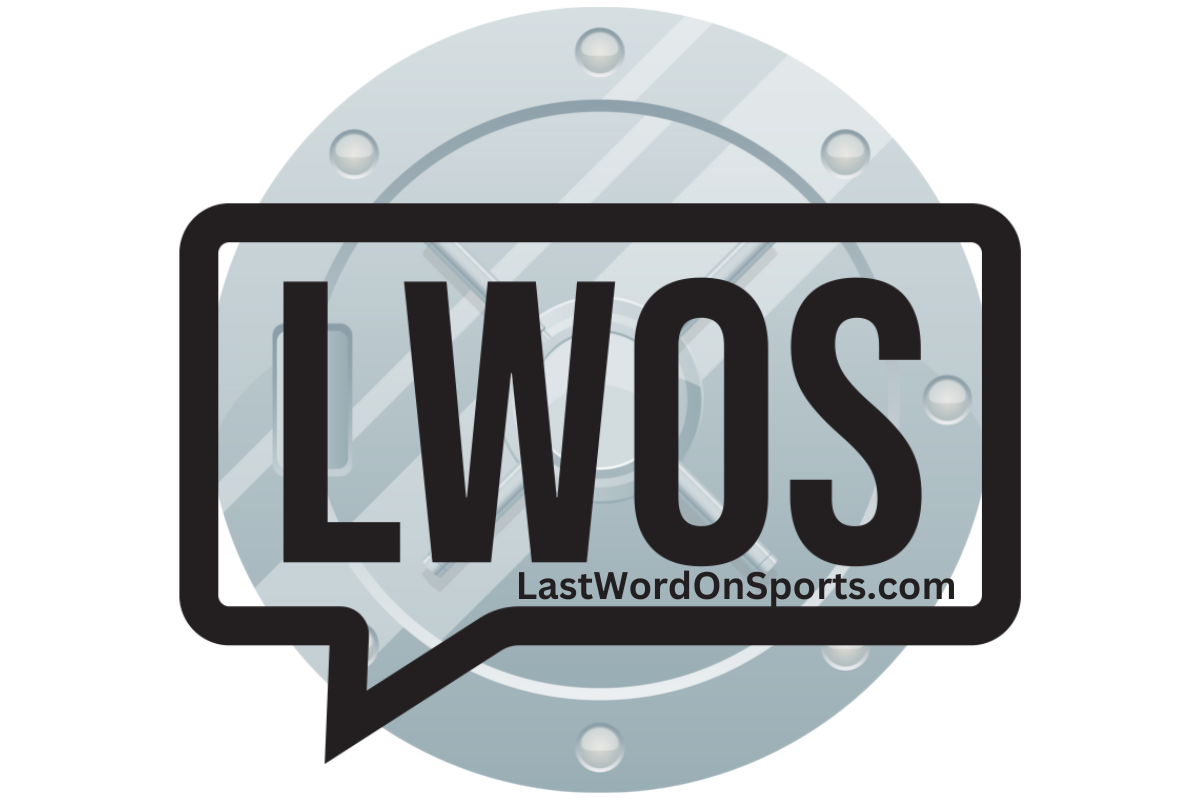In the music world, the term “X-rated” has a far different meaning than one would expect. Friday afternoon, the news broke that Earl “DMX” Simmons had passed away after suffering a heart attack at his home in New York the week before. The iconic rapper had been put on life support in the days leading up to his death. He was 50 years old. DMX not only helped to mold the music industry in the late 90s and early 2000s, but his music and lyrics have continued to have an impact on sports decades later.
The Loss of DMX: Impact of Music on the Sports World
As someone who kept Ruff Ryders Volume 1, 2, and 3 in the CD changer of my car throughout high school, it tore at my heart and my love of music to hear the news. After the losses of Tupac and the Notorious B.I.G., DMX had become an icon of rap in the 1990s and 2000s. After hearing the news of his death, I went to Twitter to browse the outpouring of love for the rapper. The very first post was from Bleacher Report, confirming his death. Right after, there were tweets from numerous athletes expressing their sadness for the loss of DMX. A notable one was from Trae Young, point guard for the Atlanta Hawks.
I remember studying one night while I was in college, as I had the TV on in the background. There was a Celtics vs Hawks game on that I wasn’t paying attention to. A few days later, I remember seeing a news report about the Atlanta Hawks, but instead of a play-by-play and highlights of the game, it was an article about the Hawks issuing a public apology for playing an unedited DMX song during a timeout. It had been “family night” at Philips Arena, and well…let’s just say, someone probably got fired after that.
“Obscenities and other inappropriate graphic language were clearly audible to our fans,” the spokesperson for the Hawks said. “And as a result of this, we are deeply sorry,” I remember laughing to myself as I thought about the lyrics in the song. It had become a common occurrence then, as several teams such as the Atlanta Falcons had experienced backlash and criticism for using rap songs with what was deemed “obscene” and “graphic”.
Across Leagues
Throughout my career in sports some twenty years after the release of DMX’s album “It’s Dark and Hell Is Hot”, I had come across countless times I had heard the lyrics of DMX in the sports world. Whether it was in the headphones of a player working out, to a warm-up song before kickoff, or even to competitive cheer routines (the edited version, of course). It was a shock to hear of his sudden health complications a week ago. His death was certainly impactful on many people including other music artists and athletes the same:
The sports world reacts to the death of Earl “DMX” Simmons. pic.twitter.com/spC5eg7ZtQ
— ESPN (@espn) April 9, 2021
Los Angeles Lakers star LeBron James and Kansas City Chiefs safety Tyrann Mathieu were among the athletes to offer their appreciation for DMX after word of his death became public:
❌4L!! Rest In Paradise LEGEND!! 🐕🐕 pic.twitter.com/Y0m0DVl5Up
— LeBron James (@KingJames) April 9, 2021
A Hip hop icon like no other
RIP 🖤 https://t.co/RChXorTzq7
— Adrian Peterson (@AdrianPeterson) April 9, 2021
RIP DMX 🙏🏾
— Isaiah Thomas (@isaiahthomas) April 9, 2021
Every dog has its day, RIP DMX 🙏🏾🕊
— Andre The Giant ⚡️ (@AndreSmith_9) April 9, 2021
The best tweet I have scrolled past since the news broke was from nationally recognized educator Nicolas Ferroni, who tweeted,
“Though DMX never played professional sports, he is responsible for more victories and championships than any other musician ever.”
Music has such a deeper impact on sports than most people realize. Whether it’s the alma mater, a warmup hype song, a closer’s walk-up music, or the inappropriate song they play over the intercom during a timeout, we hear sports. In the infamous words of Baker Mayfield, who quoted the late DMX:
#Browns QB Baker Mayfield on his play after first quarter: “Just got back on track. Whatever it takes to win. Stop, drop, shut ‘em down, open up shop.”
— 92.3 The Fan (@923TheFan) October 25, 2020






